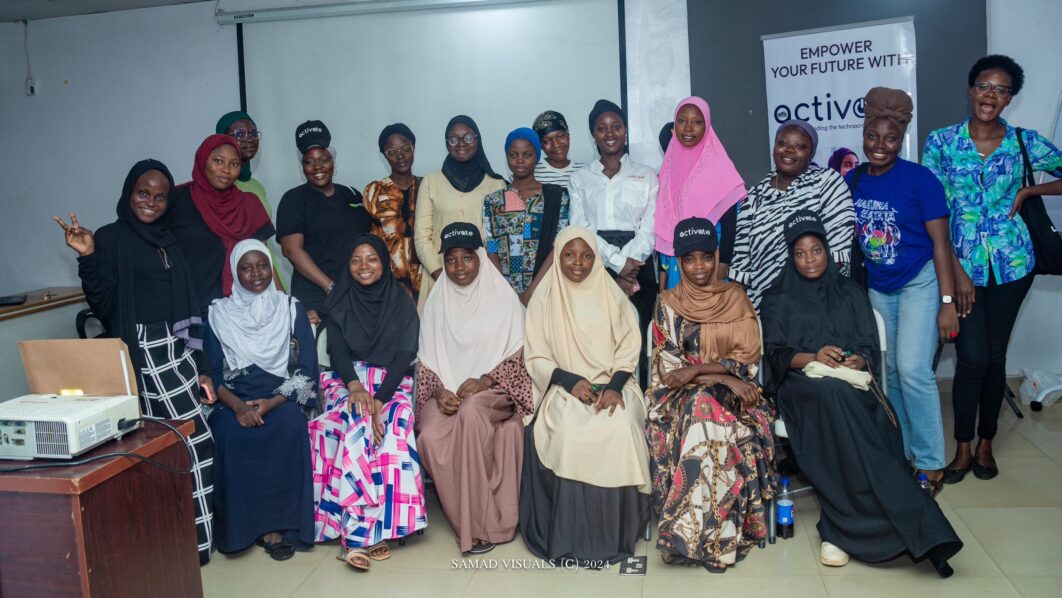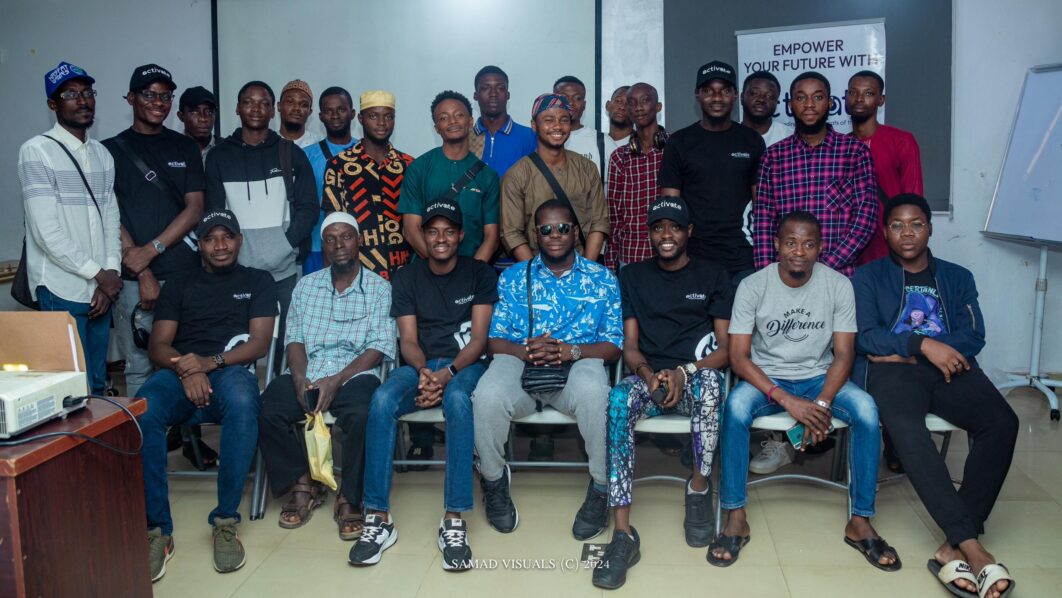
The Nasrul-lahi-li Fathi Society of Nigeria (NASFAT) has launched technology and renewable energy initiatives to empower young people in Nigeria, some West African countries, and the United Kingdom. Through the society’s ACTIVATE initiative, an ambitious project of their Economic Empowerment Committee, NASFAT continues to make strides in redefining professional development with its distinct cohorts in technology and renewable energy.
This initiative is a core part of NASFAT’s mission to empower young people with essential industry skills, aligning perfectly with the society’s broader vision.
READ MORE: NASFAT disburses N130 million zakat proceeds to 300 beneficiaries
This was made known on Monday, July 29, 2024, while addressing a media parley by Hammed Ajiroba, Program Coordinator of NASFAT’s ACTIVATE initiative.
After the successful launch and inauguration of its technology cohorts this month, which included participants from across Nigeria, West Africa, and the UK, ACTIVATE is poised to introduce its renewable energy program. This new educational venture will be rolled out across Lagos, Ogun, Abuja, Port Harcourt, Benin, Kaduna, Accra, and Abidjan, focusing specifically on training in renewable energy, a sector crucial for sustainable development and economic growth.
READ MORE: PSC commends IGP on proactive measures to avert violence
“Our technology cohorts – which cut across Nigeria, Ghana, Ivory Coast and the UK – have set a benchmark for excellence and have showcased the tremendous potential of our participants,” says Noibi Kazeem, Economic Empowerment Committee Secretary of NASFAT. “Building on this success, we are excited to offer specialised training in renewable energy, starting with a focus on solar power and inverter technology.”

The renewable energy training will equip participants with the skills needed to design, install, and maintain solar power systems and inverters, addressing the growing demand for sustainable and reliable energy solutions in Nigeria. By focusing on practical and high-demand skills, ACTIVATE aims to prepare its participants for immediate entry into the energy sector, ready to tackle the challenges and opportunities that lie ahead.
To enhance the learning experience, ACTIVATE plans to include workshops, hands-on projects, and seminars led by experts in the field. These sessions will not only deepen the participants’ knowledge but also provide valuable networking opportunities, fostering a community of like-minded professionals committed to innovation and sustainability.
READ MORE: Protests: IGP never ordered curfew —Police
Recognising the importance of accessibility, the program offers scholarships to outstanding participants and a variety of payment options to ensure that financial barriers do not hinder talented individuals from participating. “Our commitment is to make these life-changing opportunities available to as many qualified individuals as possible,” notes Hammed Ajiroba, Program Coordinator of ACTIVATE.
As preparations for the renewable energy cohorts continue, those interested in joining or learning more about the program are encouraged to visit the ACTIVATE website. Here, potential participants can find detailed information about the curriculum, enrollment processes, and start dates.
Under the stewardship of NASFAT’s Economic Empowerment Committee, ACTIVATE not only aims to equip individuals with crucial skills but also to inspire them to become pioneers in the technology and renewable energy sectors. This initiative is expected to have a profound impact on Nigeria’s economic landscape and contribute significantly to the nation’s journey towards sustainability and technological innovation.






